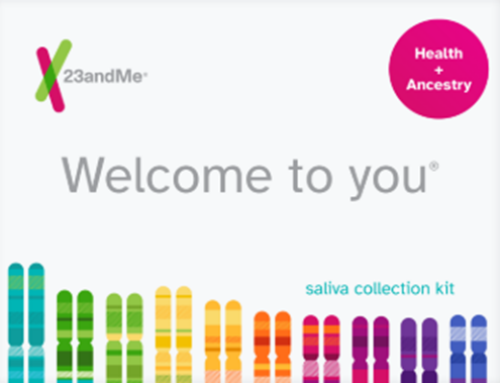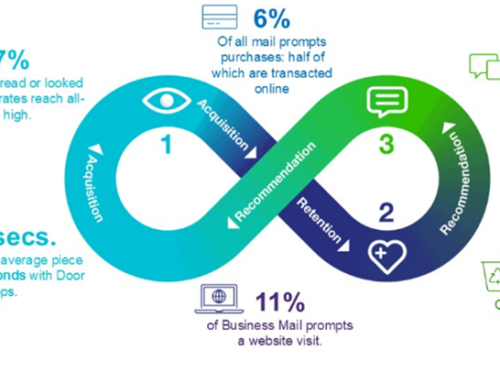In recent months, significant incidents have highlighted the pitfalls of AI when it comes to maintaining data accuracy in public records. These events serve as a crucial reminder of the importance of data hygiene, particularly for organisations that rely on precise data processing.
The Incident: Pregnant Woman Wrongly Accused
One notable incident involved a pregnant woman in Detroit who was falsely arrested based on AI-generated evidence. Porcha Woodruff, eight months pregnant at the time, was wrongly identified by an AI system as a suspect in a carjacking case. This led to her wrongful arrest and detention for 11 hours, causing her significant emotional distress and physical complications leading to hospitalisation.
This case is part of a broader pattern, with several individuals, particularly from minority groups, being wrongfully implicated due to AI errors.
Data Hygiene: More Than Just AI
While AI can amplify the effects of poor data quality, data hygiene is crucial across all business operations. In marketing, for instance, data hygiene ensures that customer information is accurate, leading to better targeting, higher engagement rates, and reduced costs. Clean data prevents scenarios such as sending direct mail to incorrect addresses, contacting deceased individuals, or failing to comply with data protection regulations like GDPR.
Why It Matters
Accurate data is the backbone of effective business operations. For organisations, implementing robust data hygiene practices means:
- Enhanced Decision Making: Reliable data leads to better strategic decisions.
- Cost Efficiency: Reducing waste associated with incorrect data.
- Regulatory Compliance: Ensuring adherence to data protection laws.
- Customer Trust: Building and maintaining trust through accurate and respectful data usage.
As technology evolves, so does the need for meticulous data hygiene. The incident with AI-generated mistakes in public records serves as a stark reminder of the consequences of poor data quality.
By employing advanced data hygiene solutions from specialists like ourselves it is possible to better safeguard operations, ensuring data accuracy and integrity.
To find out more get in touch!





